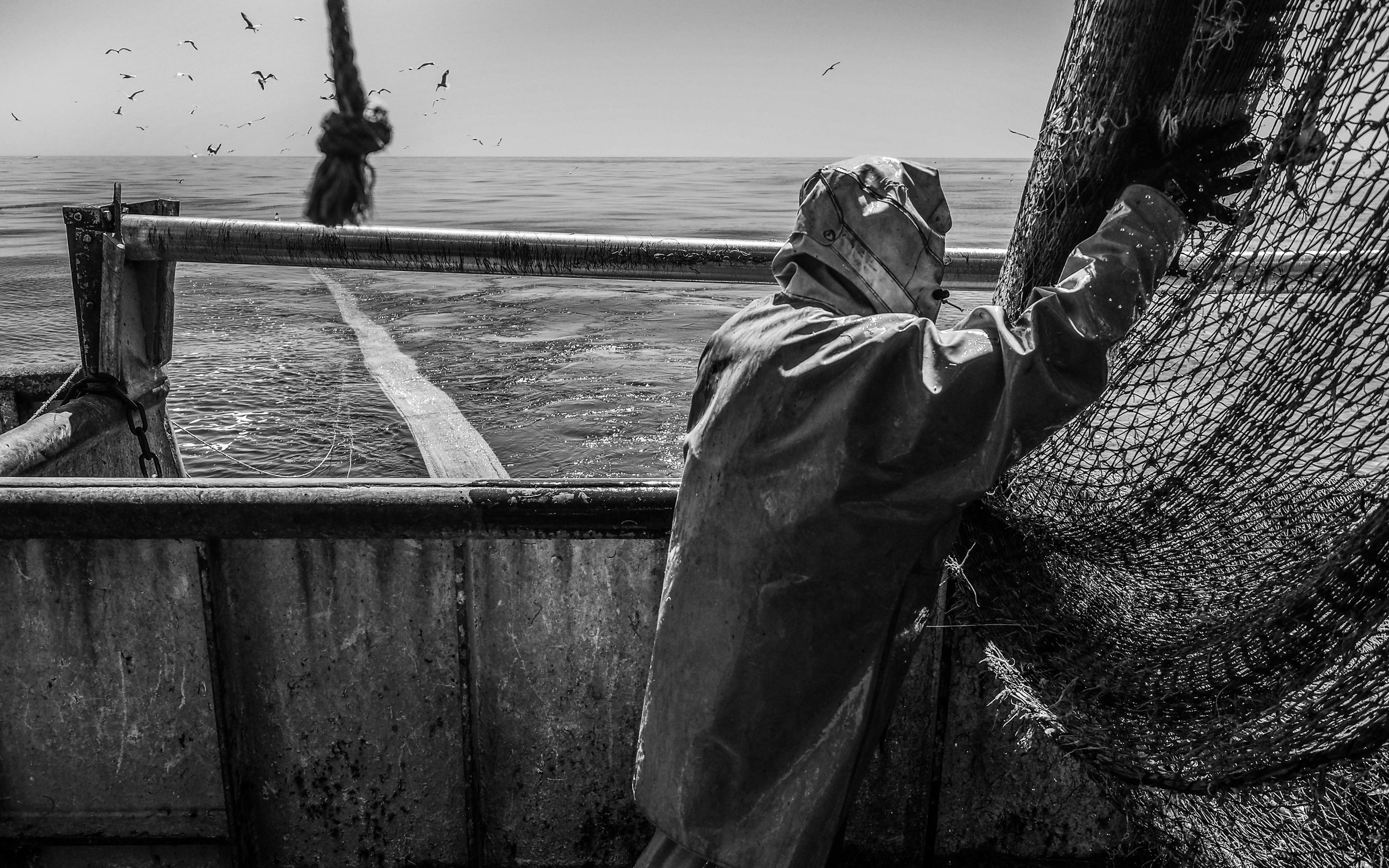On 25 June, seafarer’s day, CFFA reflects on how the social clause agreed by European social partners is spelled out in EU fishing agreements for non-Europeans working on board of EU vessels operating under Sustainable Fisheries Partnership Agreements.
CFFA position on Pacific IEPA global sourcing derogation
Four years ago, when signing the IEPA with Papua New Guinea and Fiji, the EU agreed to a derogation to the rule of origin, in the form of ‘global sourcing’. This means that, regardless of where the fish (tuna) is caught, or the status of a vessel’s flag, registration or ownership, the fish is deemed originating, and can therefore benefit from duty free access to EU market, as long as it is transformed from being fresh or frozen into being a pre-cooked, packaged or canned product. This was a demand of the Pacific ACP group in their EPA negotiations with the European Union. This derogation raised concerns and criticisms from the EU tuna industry. Following a request based on access to information regulation, CFFA received in August a copy of a recent 2010 study commissioned by DG mare on preferential rules of origin for fisheries and aquaculture products. The study shows the importance of the global sourcing derogation for PNG local development, in particular in terms of job creation. It also demonstrates that, if the PNG processing industry was to expand its production thanks to the global sourcing derogation, this will have few direct impacts on the EU tuna industry. Moreover, the study concludes that ‘the perspective of having the EU market flooded by imports from PNG does not appear to be realistic.
CFFA’s position that, in line with their international commitments, particularly the FAO Code of Conduct for Responsible Fisheries, the European Union and Papua New Guinea should put at the heart of their trade relations the support of environmentally, socially and economically sustainable fisheries development in Papua New Guinea.
CFFA feels therefore that the global sourcing derogation is important to maintain in the future. Moreover, an extension of global sourcing to other fish products should be considered in the negotiation of the full EPA- so that all ACP Pacific islands can increase their benefits from offshore fisheries. However, CFFA also wants to suggest concrete improvements, in particular regarding (1) the sustainable exploitation of tuna resources and (2) the benefits of foreign investments for local populations, coastal communities in particular.
To improve the sustainable exploitation of tuna resources, CFFA requests the EU to deepen the collaboration with Pacific islands in the context of the WCPFC, and support efforts made by the Pacific Islands in the context of the Parties of Nauru Agreement (PNA), to improve the management of the regional tuna fishery through restoring stocks and implementing appropriate reference points and harvest strategies . The EU should also pay particular attention at supporting Pacific islands efforts to combat IUU fishing, and ensure full traceability of their products.
To improve benefits of foreign investments for local populations, coastal communities in particular, CFFA proposes that:
Central mechanisms should be set up for demonstrating local benefits include full compliance with national minimum wage legislation;
National labour law and rights, including on occupational health and freedom of association, should be included into PMIZ and other processing development projects, like the developments going on in Lae and Wewak, legislation ;
any tuna processing facility should employ a minimum of 60% local labour;
The partnership of local players (e.g. service providing firms) with foreign processing investments should be favored.
Such issues could be discussed in the context of the current review process, informed by the review report to be published, and appropriate mechanisms to address them in the future should be designed to improve the impacts of global sourcing. PNG civil society and coastal communities should be adequately informed and involved in the process.


